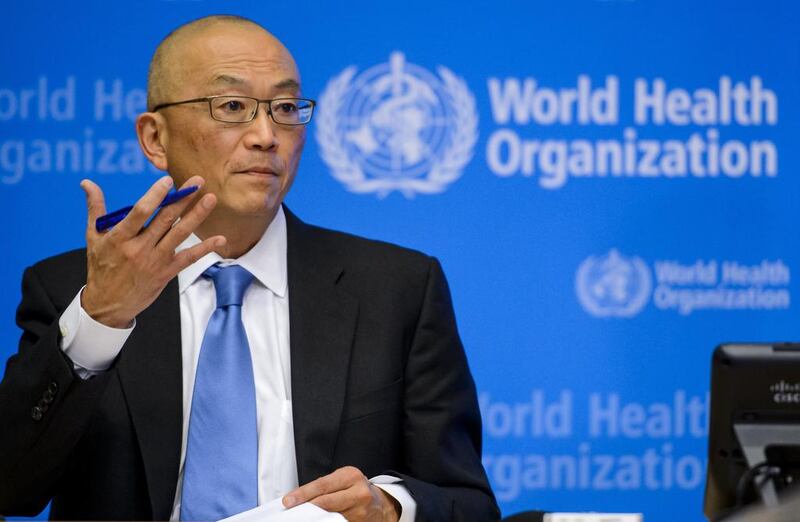ABU DHABI // Infection control in hospitals is the best way to halt the spread of the deadly Mers coronavirus, world health chiefs said on Wednesday.
The World Health Organisation acknowledged growing concern about the virus, which can cause potentially fatal respiratory illness, but said it was not an global health emergency because there was no evidence of sustained human-to-human transmission.
The organisation’s assistant director general, Dr Keiji Fukuda, said most recent cases in the UAE and Saudi Arabia occurred in hospital settings, “so are hospital-acquired infections to a large extent”. The “single best action” was to improve infection control in hospitals.
The WHO also called for investigation into case control and environmental and animal studies to improve understanding of the virus, and urged that more be done to spread awareness about Mers among people likely to take part in mass gatherings, such as the annual Haj pilgrimage.
The organisation’s emergency committee on the virus, which included representatives from affected countries including the UAE, deliberated for five hours about whether to classify Mers as a global health emergency – a disease that poses a risk to other WHO member states through an international spread and which may require a coordinated international response.
They found that while there had been a flurry of new cases, the conditions had not been met.
Dr Fukuda said lessons had been learnt from the Sars outbreak a decade ago, which originated in Asia and killed about 800 people.
“I think the committee understood you have to have really solid information to say this is a global emergency. I think there was a very sober assessment.”
It is the fifth time the emergency committee has convened. Dr Fukuda said the committee would reconvene within weeks.
A recent WHO mission to Saudi Arabia, where the virus is thought to have originated, found infection control measures in hospitals in Jeddah to be lax, Dr Fukuda said.
“Conditions also made it worse – for example in the emergency rooms – there was often severe overcrowding.”
Dr Farida Al Hosani, manager of the communicable diseases department at the Health Authority Abu Dhabi, said healthcare workers were the first line of defence and must be protected.
The practice of droplet precautions should be routine for surgeons dealing with patients with respiratory symptoms such as coughing or sneezing, said Dr Al Hosani.
“We would like to reassure the public that Haad, along with the Ministry of Health and other government agencies, are monitoring the situation and continue to take all the necessary measures to protect and safeguard the community.”
Dr Fukuda also called for full transparency from local health bodies in affected countries.
“Having people informed about what is going on is the single most important thing that can be done when handling any outbreak. There is no reason not to make information known.”
There have been 37 lab-confirmed Mers cases in the UAE since late March, all in Abu Dhabi and more than two thirds of them healthcare workers. Worldwide, Mers has infected at least 536 people and killed 145 since the first case was diagnosed in June 2012. There have been 330 cases, including 59 deaths, worldwide since the end of March.
jbell@thenational.ae





